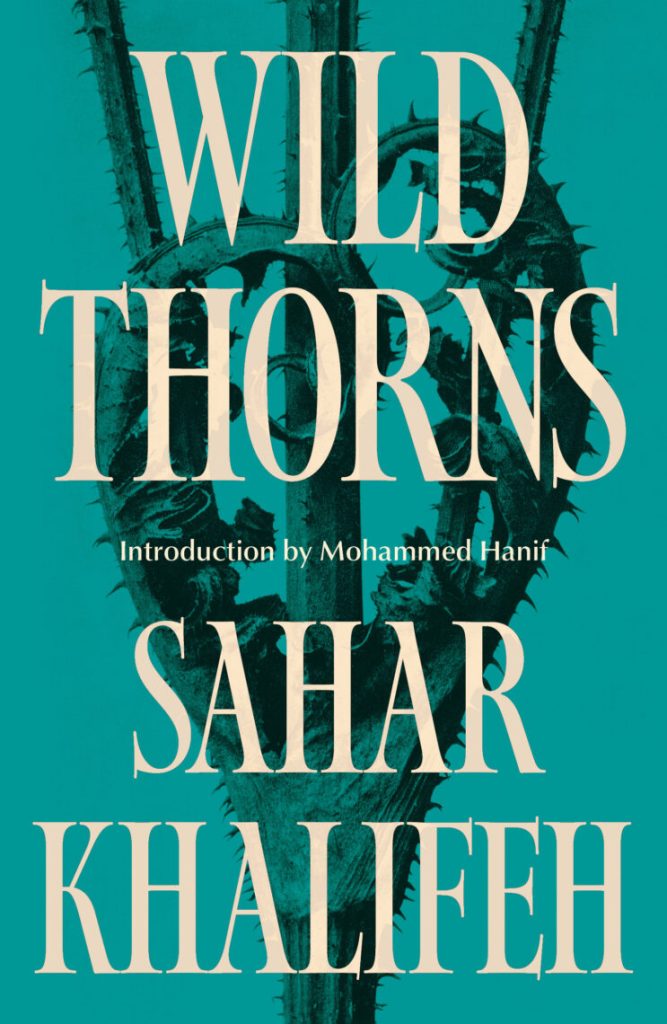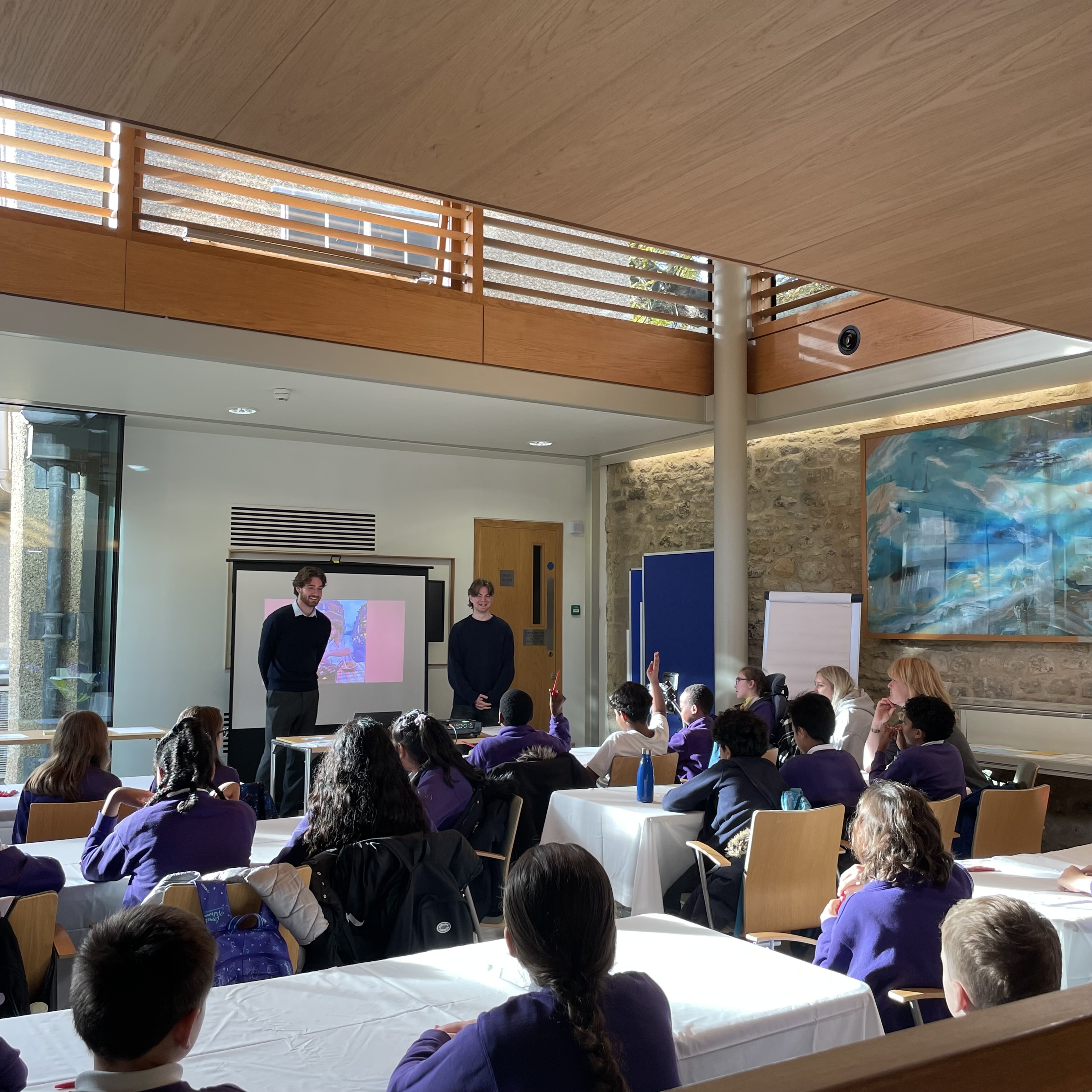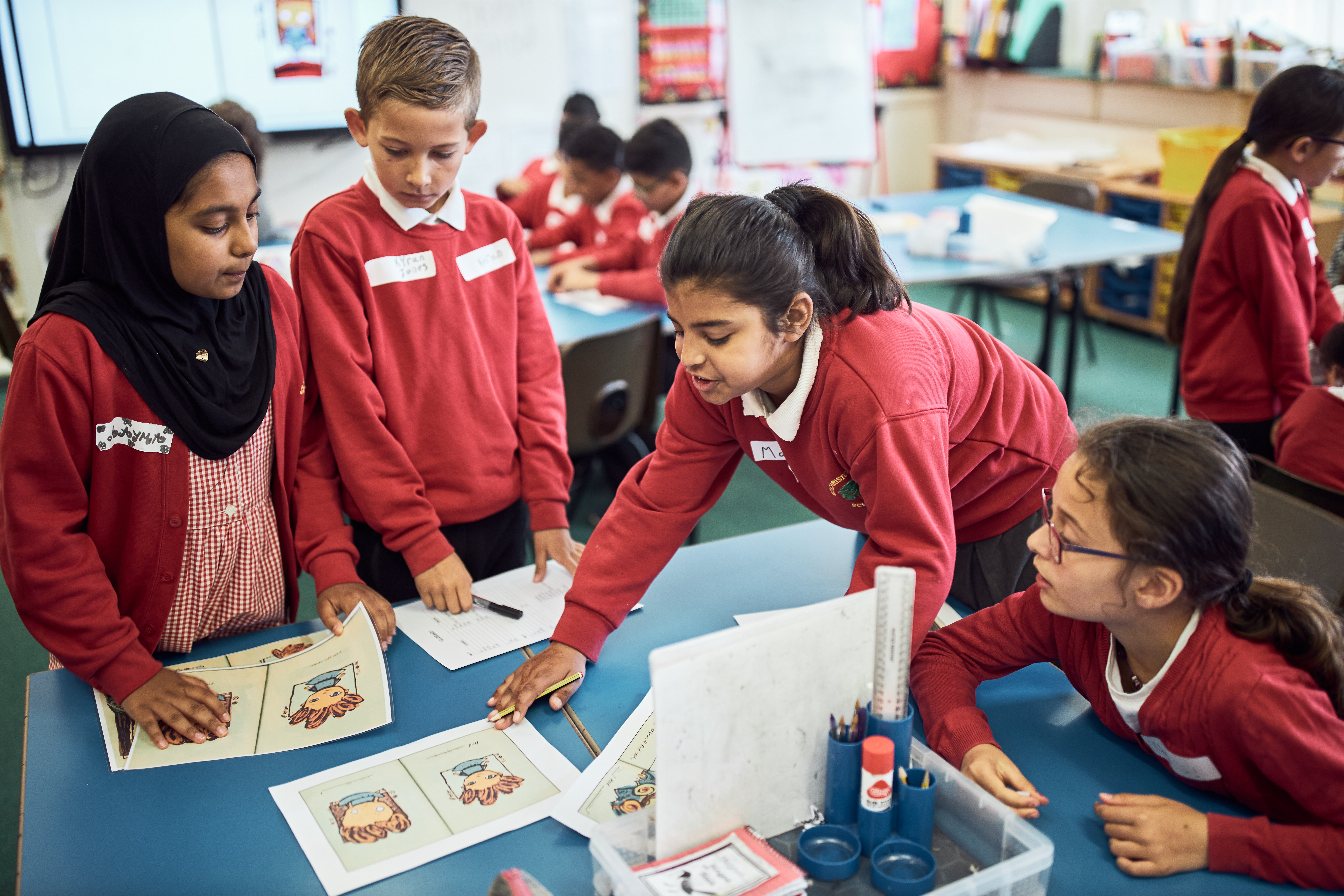Saqi Books kindly offered review copies of Wild Thorns by Sahar Khalifeh, first published in English in 1985 and newly rereleased, to participants of our International Book Club for Schools. We are committed to exposing young people to the diversity of world literature, and affording them the space to express their critical responses. Opinions expressed in these reviews are of the student author alone. Anisa Ali (Year 13) had the following thoughts about Wild Thorns.
The novel opens with the main character, Usama, returning to the Israeli-occupied West Bank in Palestine finding himself in a country that is so familiar yet so different to what he knew. He came to blow up buses that transport Palestinians to Israeli factories. We immediately meet a character who cannot seem to comprehend how his people have come to live normally under occupation. This is different to how people would typically view Palestinians under occupation. Instead of the stereotype of a rebellious state, Khalifeh reflects the real Palestine. It shows two different reasons for a slow resistance: lack of power and divided fronts. This is shown by the lack of Israeli characters and the fact that most of the conflict is between Palestinians who typically grew up with each other. The different characters show the ways of coping during the occupation making it both harder yet somehow easier to rebel against the occupation.
Through the introduction of Nuwar, we get a display of a female character who is fierce in nature. She talks of trying to be strong and the possibility of not accepting defeat. Shahada is a character who shows the effect of accepting defeat as he becomes someone completely materialistic, not at one with his nation or past, instead, he works with the Israelis for the sake of money. This character evokes anger, a common theme across the novel. It is Adil who is an important character as he shows that some people cannot afford to be angry, as he is consumed by his burdens, and so is not concerned with the idea of a revolution. In contrast, Zuhdi is a character who completely succumbs to his anger, hurting an Israeli and feeling guilty afterwards. It is through all of these characters that we can see a realistic aspect of life in Palestine: the Palestinians must work with the Israelis to live due to the environment that they find themselves in under occupation, relevant to the slow pace of change towards peace today.
Khalifeh is good at evoking questions throughout as the reader is drawn into the book, asking themselves if Usama will complete his mission in Palestine, who will get arrested next, if he will convince Adil to join the cause and who will cause the occupation to finally fall – an answer we do not receive. It is powerful in its message because the lack of total victory is faithful to the current situation.
However, it is the ending of the novel that is most powerful, as Adil sees his whole life fall apart. He can simply walk down the street and see everyone else living their normal lives because that’s what it feels like in a nation that is being taken from you. You fall on your own and everyone slowly comes with you. Feelings of anger and isolation are inevitable as the effects of occupation hit each household.


